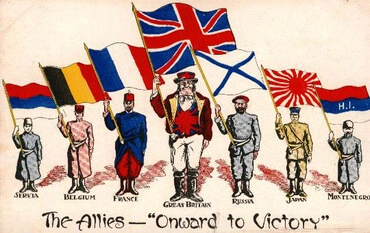1
The word that Jeremiah the prophet spoke to Baruch the son of Nerijah, when he wrote these words in a book at the mouth of Jeremiah, in the fourth year of Jehoiakim the son of Josiah, the king of Judah, saying,
2
Thus sayeth Jehovah, the God of Israel, concerning thee, Baruch:
3
Thou didst say, Woe unto me! for Jehovah hath added grief to my sorrow; I am weary with my sighing, and I find no rest.
4
Thus shalt thou say unto him, Thus saith Jehovah: Behold, what I have built do I overthrow, and what I have planted I pluck up, even this whole land.
5
And seekest thou great things for thyself? seek [them] not; for behold, I will bring evil upon all flesh, saith Jehovah; but thy life will I give unto thee for a prey in all places whither thou shalt go.







